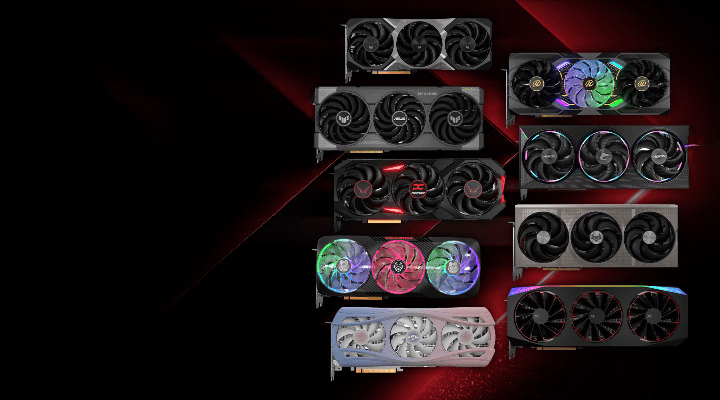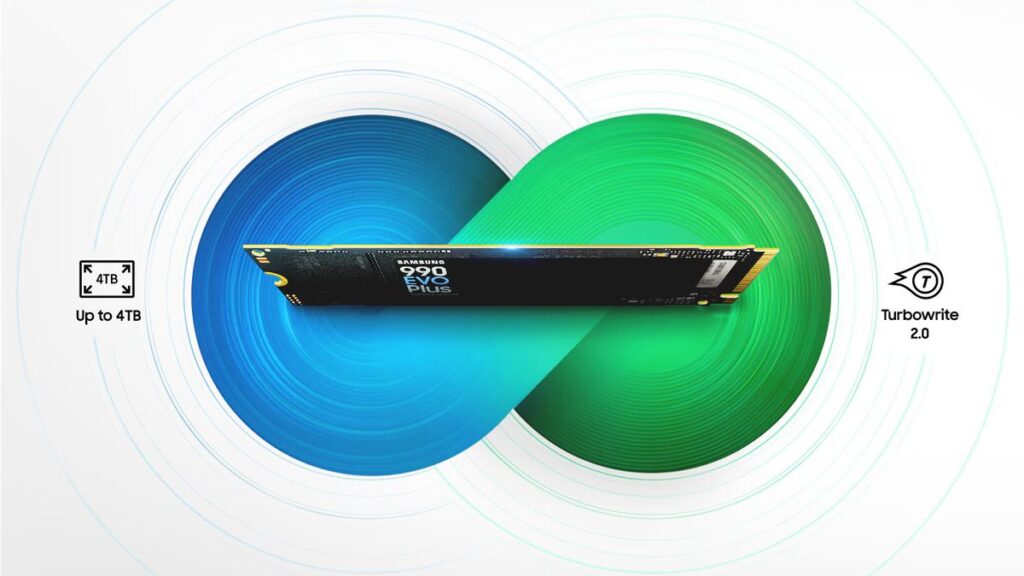As a member of the niche mech-action genre, Armored Core has been out of commission for some time. The last entry in the series was a full 10 years ago, and since then, developer From Software’s other titles (Elden Ring, Bloodborne, etc.) have made the developer a household name. Now, the studio has returned with Armored Core VI: Fires of Rubicon (ACVI), applying many lessons from its other action games. Armored Core VI doesn’t revolutionize the mech game formula but refines it to create one of the genre’s fastest, best-looking, and most approachable entries.
ACVI establishes yet another all-new universe for the series, but its narrative tropes are immediately obvious to anyone who’s played Armored Core before (or dystopian sci-fi in general). The player begins as a mercenary pilot controlled by the mysterious Handler Walter. Walter brought the mercenary to the frontier planet of Rubicon to hunt for a miraculous energy resource known as Coral, which was destroyed in an apocalyptic event. Militarized megacorporations are also after the Coral, though, so the mercenary will have to take jobs from each to gain intel and pit the factions against each other.
The main gameplay loop of deploying on missions, earning credits, and using them to customize your mech is as satisfying as ever, but movement and combat are the true highlights. The often-unwieldy button layouts of earlier games have been replaced with smooth, snappy controls that enable much faster gameplay. This, in turn, makes combat much more dynamic and fun as you dash and drift between hulking structures and enemies to cause large-scale destruction. Different weapons and mech parts also grant significantly different abilities, creating many potential playstyles.
Some might have expected From Software to change the Armored Core formula to resemble its recent titles, but ACVI sticks closely to the genre’s established conventions. That’s both to the benefit and detriment of the game; missions are mostly short skirmishes against cannon-fodder enemies that give you that sense of material superiority, but they’re also not very interesting.
In contrast, the major bosses are where From Software’s pedigree really shows. Each of the game’s five chapters contains an almost Souls-like superweapon that tests the limits of your current build and motivates you to experiment with other parts. The sheer spectacle of these fights also emphasizes how well ACVI runs and how good it looks; by the standards of the often bland and blocky mech-action genre, this is a gorgeous game.
ACVI is also the most approachable entry in the series and, indeed, one of From Software’s most forgiving games. The debt system of previous entries is gone, and failing out of missions is no longer possible. There’s no backtracking to fight bosses repeatedly, as checkpoints are generous. The auto-lock feature also streamlines single-target battles but removes the need to aim manually. All the simplification can be a double-edged sword, especially for Armored Core veterans. This is one From Software game where most can probably agree that difficulty modes would have been welcome.
Armored Core VI is a solid return for one of From Software’s long-dormant franchises. It still carries many of the mech genre’s old contrivances, like its generic mission structure and predictable plot. However, it modernizes mech action meaningfully to introduce it to a new generation. While legacy fans may have some complaints about the “casualization” of Armored Core, I am ultimately glad the series is back and firing on all cylinders.




